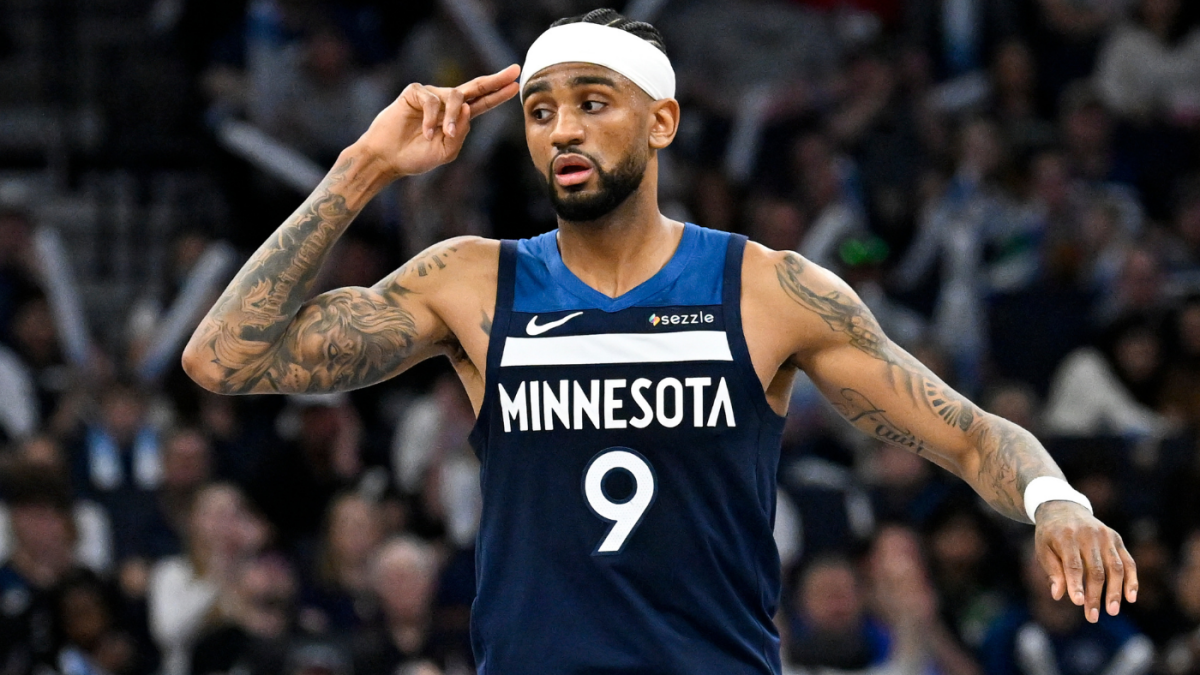The Atlanta Hawks’ acquisition of Nickeil Alexander-Walker in the 2025 NBA free agency period is a strategic move that underscores the franchise’s commitment to building a competitive roster while maintaining financial flexibility. This acquisition is part of a broader offseason strategy that includes the addition of Kristaps Porzingis and the accumulation of valuable draft assets, such as an unprotected 2026 pick from the New Orleans Pelicans. The Hawks’ proactive approach to roster construction and cap management sets a precedent for other teams navigating the complexities of the NBA salary cap and luxury tax thresholds.
A Versatile Addition to the Hawks’ Backcourt
Nickeil Alexander-Walker, a 26-year-old guard, brings a versatile skill set to the Hawks that addresses several key needs. His ability to play both on and off the ball makes him a valuable asset in a backcourt that already features Trae Young. Alexander-Walker’s improved three-point shooting and defensive versatility provide the Hawks with much-needed spacing and defensive agility. His playmaking skills also complement Young’s game, offering additional ball-handling options and reducing the offensive burden on the Hawks’ star guard.
The four-year, $62 million contract signed by Alexander-Walker includes a player option and a trade kicker, demonstrating the Hawks’ commitment to the player while preserving financial flexibility. This contract structure allows the Hawks to maintain cap space for future acquisitions and avoid luxury tax penalties. The use of trade exceptions, particularly the $25.3 million exception derived from the Dejounte Murray trade, further highlights the Hawks’ sophisticated cap management strategies.
The Hawks’ Offseason Blueprint
The Hawks’ offseason has been characterized by a blend of immediate competitiveness and long-term flexibility. The acquisition of Kristaps Porzingis and the accumulation of draft assets indicate a two-pronged strategy aimed at building a roster capable of contending in the short term while maintaining the flexibility to adapt in the future. The sign-and-trade deal for Alexander-Walker exemplifies this approach, as it allows the Hawks to add a proven NBA player without compromising their financial flexibility.
The Hawks’ use of trade exceptions and sign-and-trade deals is part of a broader trend in the NBA, where teams are increasingly employing creative salary cap strategies to navigate the constraints of the salary cap and luxury tax. This approach allows teams to build deeper, more flexible rosters while avoiding the pitfalls of excessive payroll inflation. The Hawks’ success in this area sets a model for other franchises looking to balance competitiveness with financial prudence.
Potential Challenges and Risks
While the acquisition of Alexander-Walker is a promising move, it is not without its challenges. Alexander-Walker’s consistency has been a point of concern, as he has yet to establish himself as a consistent starter in the NBA. His fit with the Hawks’ core, particularly Trae Young, will require careful integration and coaching adjustments. The substantial contract size also ties up significant cap space, which could impact the Hawks’ ability to make midseason trades or pursue other free agents in the future.
Injuries and performance variance are additional risks that the Hawks must consider. Alexander-Walker’s injury history and potential dips in form could impact the Hawks’ overall plans. However, the Hawks’ proactive approach to roster construction and cap management suggests that they have accounted for these risks and are prepared to mitigate them through strategic adjustments.
Broader Implications for the NBA
The Hawks’ acquisition of Alexander-Walker has broader implications for the NBA as a whole. It underscores the growing importance of mid-level star players in shaping team fortunes through well-structured contracts and sign-and-trade mechanics. The Hawks’ success in acquiring key talent while maintaining financial flexibility sets a precedent for other franchises looking to build competitive rosters.
The NBA free agency period is increasingly characterized by creative salary cap strategies and aggressive roster construction. The Hawks’ approach exemplifies this trend, as they balance immediate competitiveness with long-term sustainability. This approach is likely to influence other teams’ strategies in the 2025 free agency period and beyond.
Conclusion: A Strategic Step Toward Contention
The Atlanta Hawks’ acquisition of Nickeil Alexander-Walker is a calculated move that bolsters their backcourt depth and adds a valuable piece to their competitive puzzle. This acquisition is part of a broader offseason strategy that includes the addition of Kristaps Porzingis and the accumulation of draft assets. The Hawks’ proactive approach to roster construction and cap management sets a precedent for other teams navigating the complexities of the NBA salary cap and luxury tax thresholds.
The success of this approach will depend on how well Alexander-Walker integrates into the Hawks’ system and how the team manages its roster moving forward. The Hawks’ commitment to building a competitive roster while maintaining financial flexibility positions them as a team to watch in the 2025 NBA season and beyond. As the league continues to evolve, the Hawks’ strategic maneuvers serve as a model for other franchises looking to balance immediate competitiveness with long-term sustainability.

